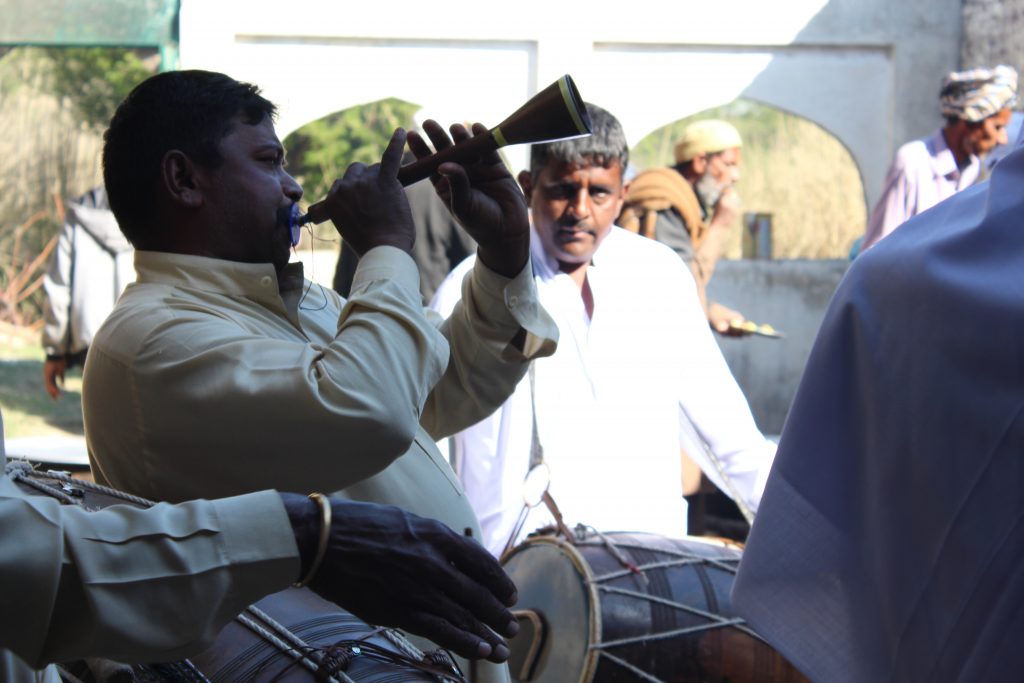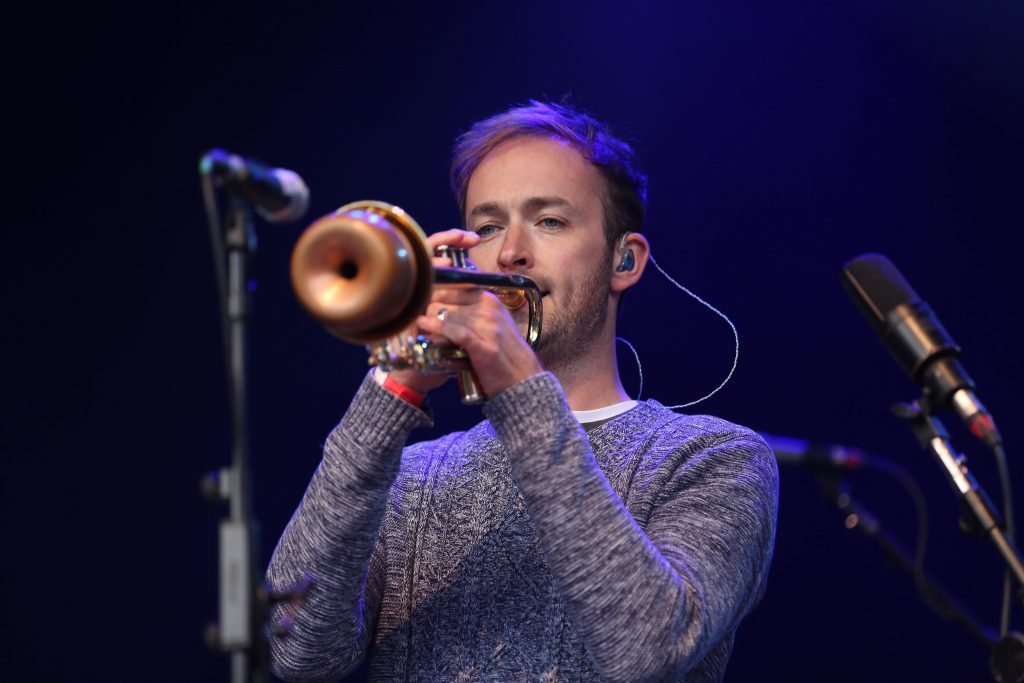Everybody knows the game is rigged. Streaming services like Spotify and YouTube now dominate music distribution worldwide, often leaving aspiring musicians unable to make their voices heard in the din.
Tom Hodgson, who will join The UCLA Herb Alpert School of Music as assistant professor of musicology in January 2023, angles to fix that. Hodgson was head of a music technology startup who developed working relationships with executives in the major streaming companies. He wrote and refined his own proprietary algorithms.
“Algorithms exercise tremendous control over how we access and share music,” said Hodgson. “But the first step to cracking them is understanding them. It’s one of the reasons I’m excited to be at UCLA, to be in LA’s dynamic environment, and to teach classes as varied as music and data science, ethnography, and the music industry.”
“Students coming into the music industry program are very conscious of what they call ‘the Algorithm,’” said Robert Fink, professor of musicology and chair of the music industry interdisciplinary program. “It is personified as a force that you have to submit to or fight, and they are often really pessimistic about it. If the Algorithm is the new record-executive-with-the-cigar-in-the-big-office, then we want to have someone on faculty who can get in its head, maybe even out-think it.”
Hodgson’s experience in the music industry is matched by an impressive scholarly cv. He sports an Oxford doctorate. He has a forthcoming book with Cambridge University Press. He conducted field research in Pakistani Kashmir, and speaks Urdu and Hindi fluently. He also played trumpet for Stornoway, a British indie-rock band that cut three albums in the 2010s, including one that cracked the UK top twenty and sold more than 60,000 albums.

His wealth of experience makes him a perfect fit for the School of Music’s musicology department, which supports cutting-edge critical scholarship and practical applications in the industry. Hodgson joins Jessica Schwartz, Catherine Provenzano, Nina Eidsheim, and Shana Redmond, all of whom work on popular music across disciplinary barriers and lead students to do the same
Hodgson sees connections everywhere between his scholarship and entrepreneurialism.
“When I first began my research in Pakistan, in 2010,” said Hodgson, “I was stunned by how many musicians were starting to use streaming services to share music and to communicate, especially with the diaspora. It got me thinking about how technologies developed in LA and San Francisco are helping shape the musical lives of people half-way round the globe who are members of very different cultures.”
And so, in-between completing his doctorate and taking up an academic position at Oxford, Hodgson founded a tech startup called TIGMUS (This Is Good Music). He designed it as an automated matchmaking service, to connect musicians directly with venue operators and promoters.
“What really excited me about building TIGMUS was the same thing that excited me about my doctoral research,” explained Hodgson. “New technologies are changing the way people listen to and pay for music, and that impacts how musicians are going to make a living. I started thinking about how data and analytics might make the live music industry more equitable to musicians.”
Hodgson completed his field research in Azad Kashmir, in Pakistan. He stayed in the village of Khari Sharif, set in the foothills of the Himalayan mountains, where he studied with Ustad Zulkifar Ali Khan about how to play the shehnai, a double-reeded woodwind instrument.Hodgson lived with his Ustad (the honorific given to master teachers) and traveled Kashmir to play with him.

Much of the music-making involved recitations of the poetry of the local Sufi saint Mian Muhammad Bakhsh. He wrote a book of poetry, Safar ul-Ishq, which translates as ‘journeys of love.’ Hodgson traced the poetry through the Pakistani diaspora. Previous studies have neglected these local poetic traditions in favor of more prominent, widespread musical genres. But, as Hodgson explains, poetics are powerful ways to trace how a people cope with the realities of relocation and survival in often challenging environments.
“A defining feature of Bakhsh’s poetry is what Kashmiris describe as its mystical unknowability,” said Hodgson. “This gave Kashmiri migrants a space to articulate ambiguous senses of belonging, often in the face of enormous pressures to assimilate.”
Tracing poetry through the Pakistani diaspora also involved a deep dive into the role of technology, especially YouTube, in shaping musical interactions in the Global South.
“Everything about the music industry of Pakistan is DIY, said Hodgson. “There aren’t big labels, there’s no real pipeline of talent development like you see in London or Los Angeles. This is the kind of environment that, at least on paper, should lend itself very well to a more democratic culture of music streaming. Through a combination of ethnography and digital methods we can see that isn’t necessarily the case. There is more work to be done to crack the algorithm and I can’t wait to get started on it with my students and colleagues at UCLA.”
